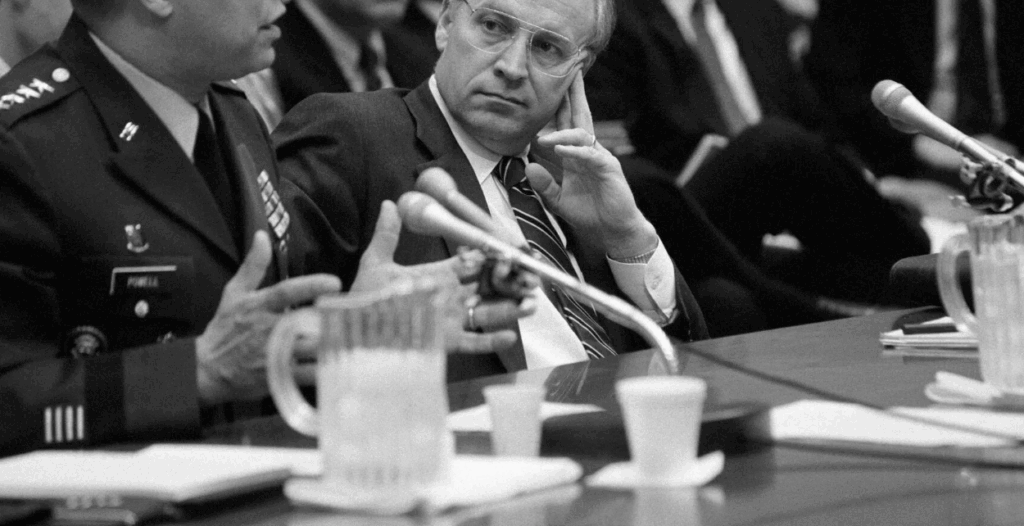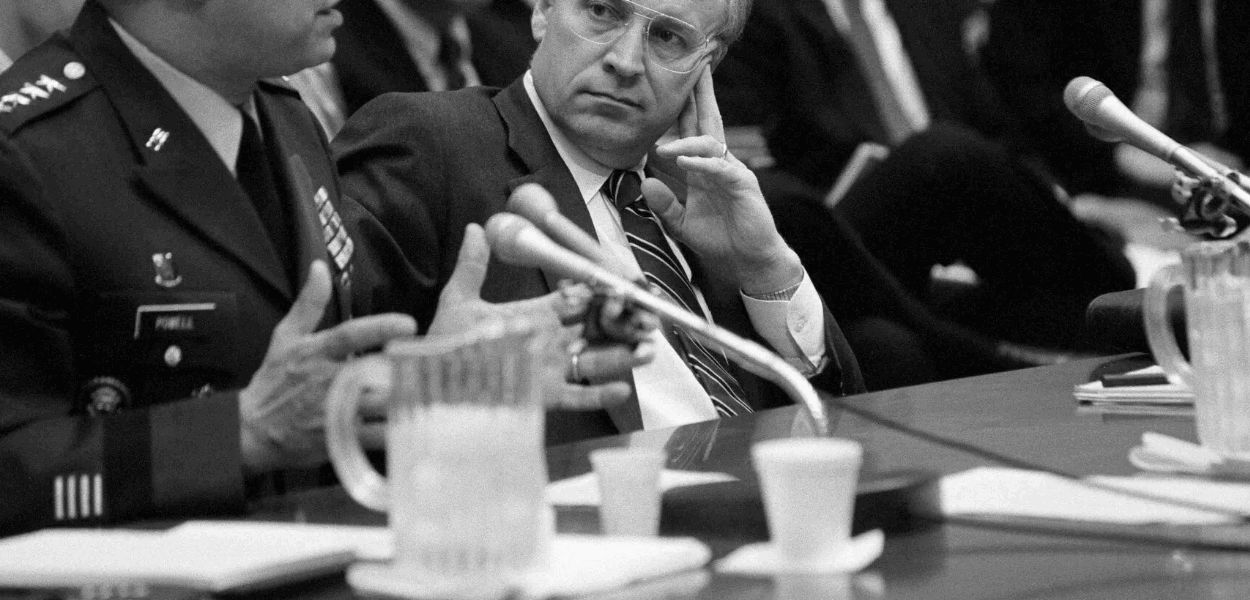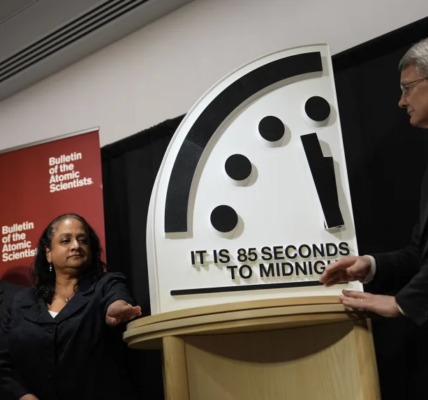
Dick Cheney, widely regarded as one of the most influential vice presidents in American history, died Monday at the age of 84. Cheney’s passing marks the end of a remarkable political career that spanned decades, from Congress to the highest levels of government, leaving a lasting imprint on U.S. policy during a period of war, terrorism, and economic change. According to his family, Cheney died from complications of pneumonia and cardiac and vascular disease.
Cheney’s career was defined by both longevity and influence. He served as a ten-year member of the House of Representatives and became the youngest White House Chief of Staff in history under President Gerald Ford. He later served as Secretary of Defense from 1989 to 1993 under President George H.W. Bush, overseeing key military and strategic decisions during the Gulf War and the post-Cold War transition. Throughout his career, Cheney was known as a consummate insider: a man with deep knowledge of Washington, extensive contacts, and an uncanny ability to get things done quietly and efficiently.
His tenure as vice president under George W. Bush from 2001 to 2009 cemented his reputation as a uniquely powerful second-in-command. Unlike many vice presidents, Cheney was deeply involved in shaping national security and economic policies, particularly in the wake of the September 11 attacks. He was often described as one of the most influential and least ambitious vice presidents in modern U.S. history, wielding authority far beyond the traditional scope of the office.
Cheney’s personal life was marked by serious health challenges. He suffered five heart attacks between 1978 and 2010 and had a pacemaker implanted in 2001. In 2012, three years after leaving public office, he underwent a successful heart transplant, after which he remained active despite the risks associated with his condition. His health struggles never diminished his political clout, nor did they slow his engagement with the issues he cared about.
In a surprising move later in life, Cheney broke from his party to publicly oppose former President Donald J. Trump. In 2024, he announced that he would vote for Vice President Kamala Harris, describing Trump as unfit for office and a threat to American democracy. “We have a duty to put country above partisanship to defend our Constitution,” Cheney said. His stance echoed that of his daughter, Liz Cheney, the former Republican representative from Wyoming, who also opposed Trump following the January 6, 2021, attack on the U.S. Capitol.
Cheney’s legacy is complex and multifaceted. He was a dedicated public servant, a skilled strategist, and a controversial figure whose decisions shaped modern American politics. From Congress to the Oval Office, Cheney exercised a level of influence rarely seen in U.S. history, leaving an indelible mark on national security, defense policy, and the role of the vice presidency itself.
Dick Cheney’s death closes a significant chapter in American political history, one defined by determination, influence, and an unwavering commitment to his vision of government.
Check our latest article




